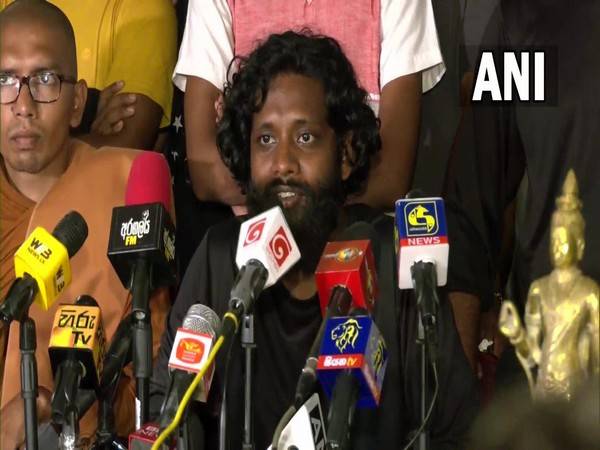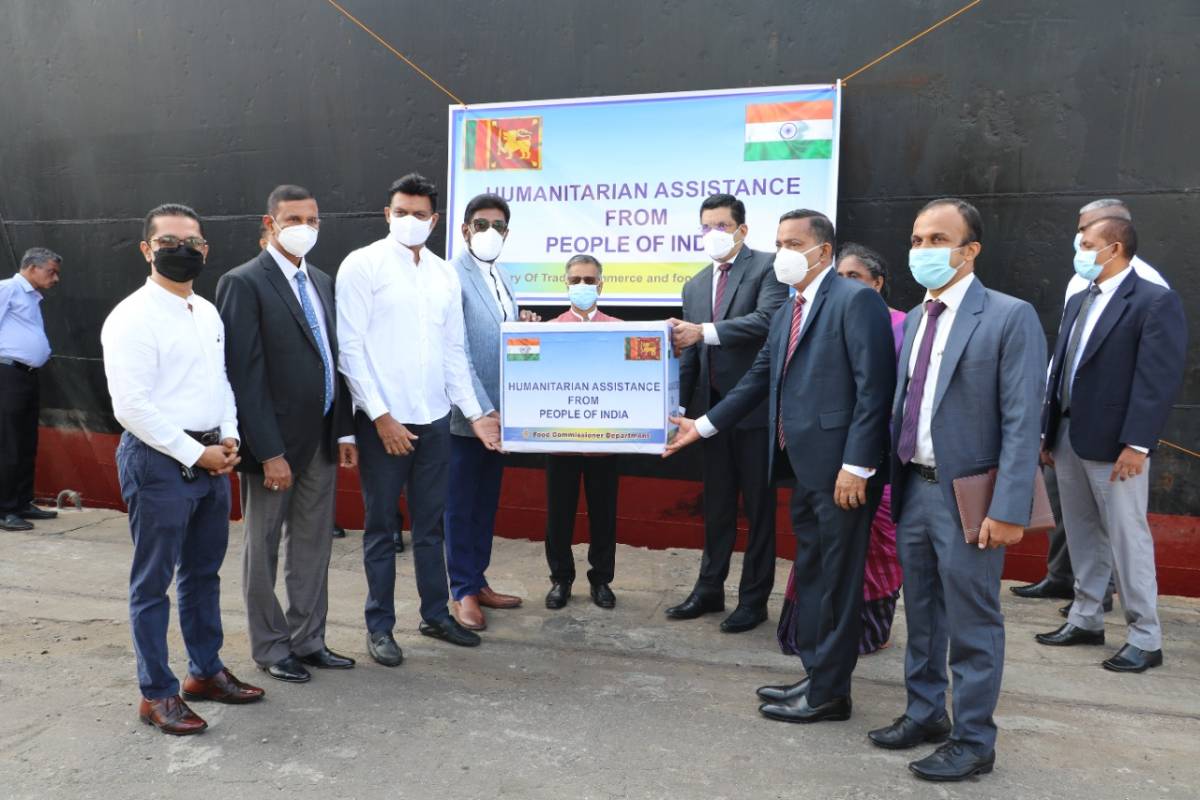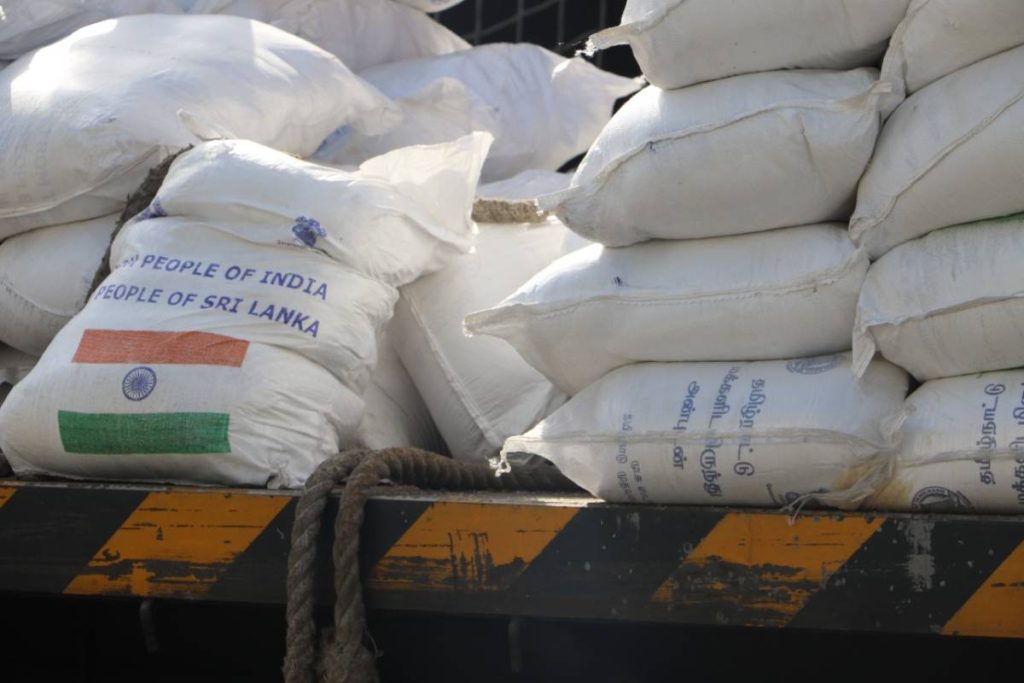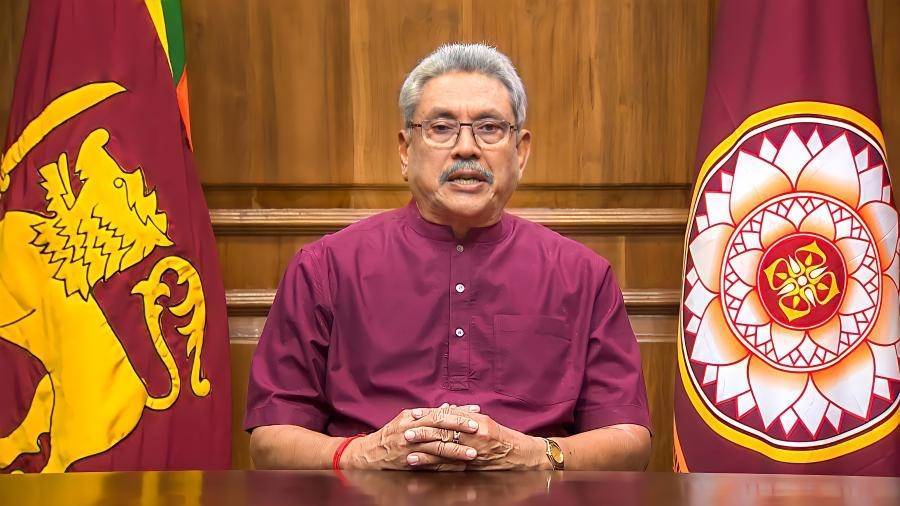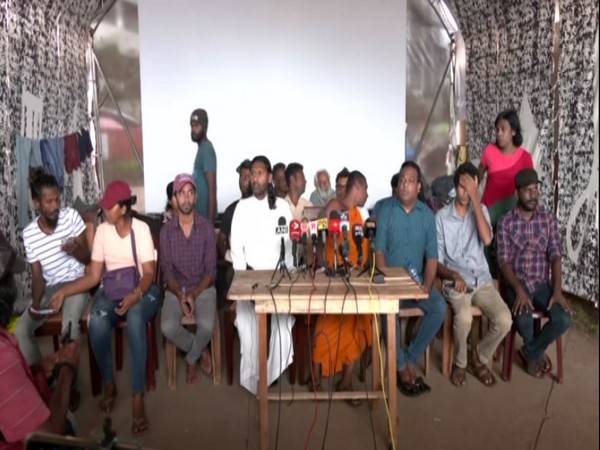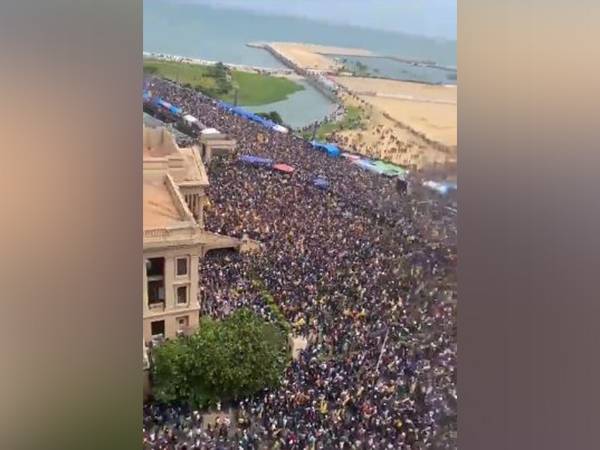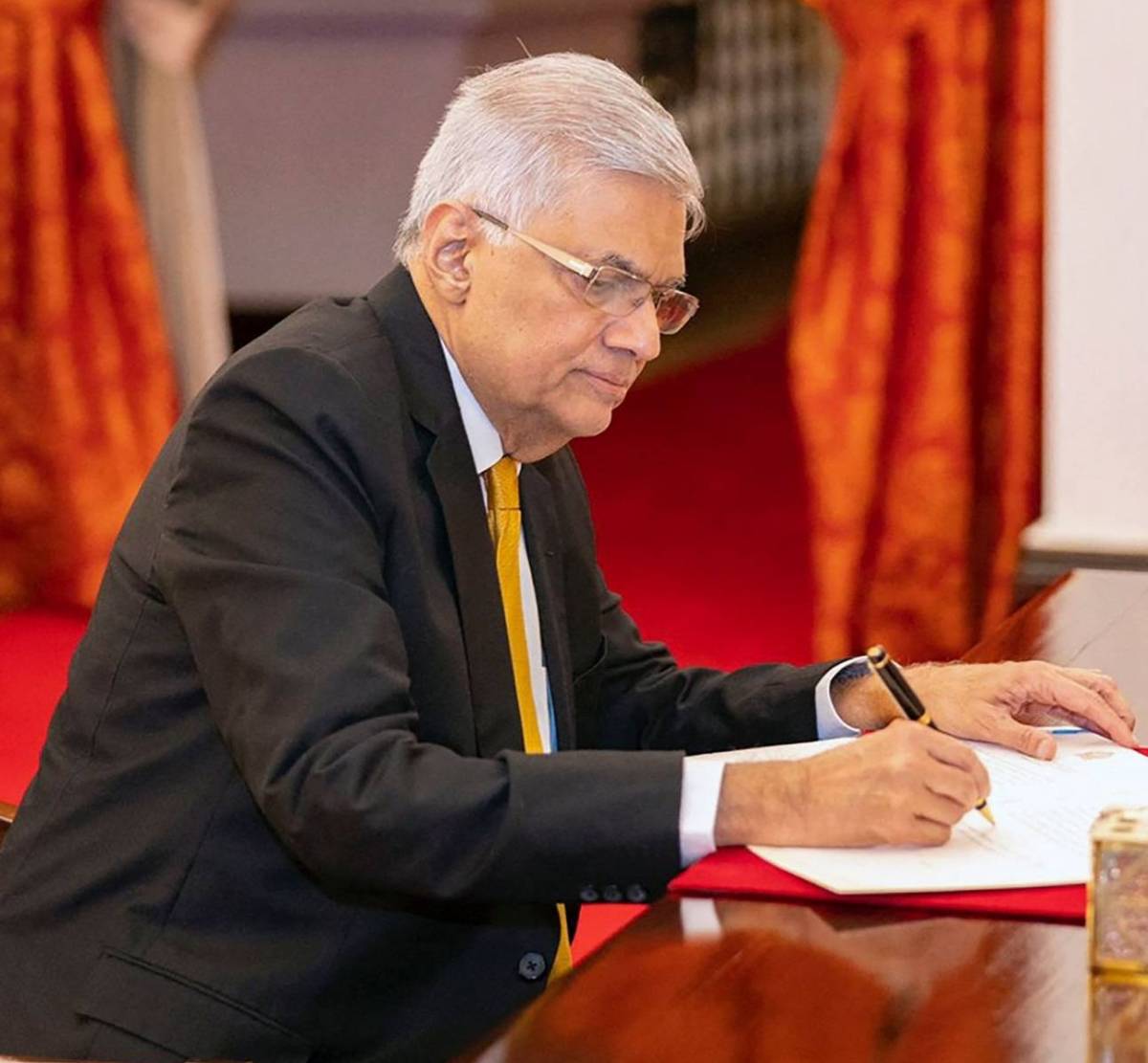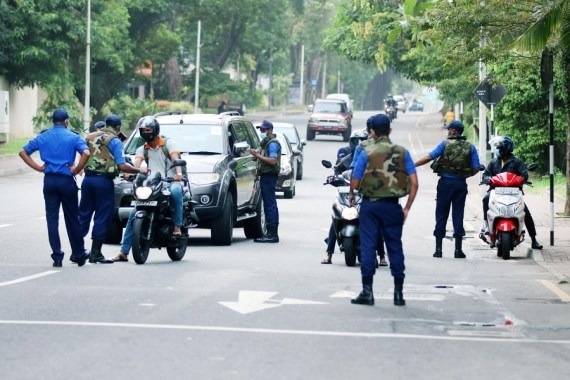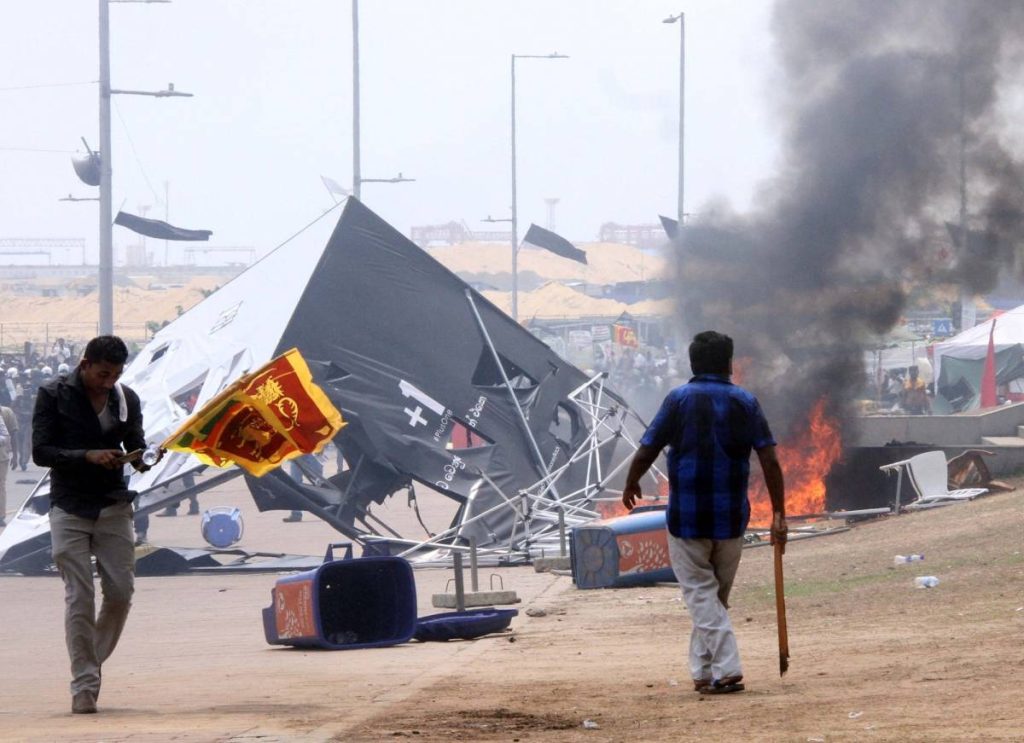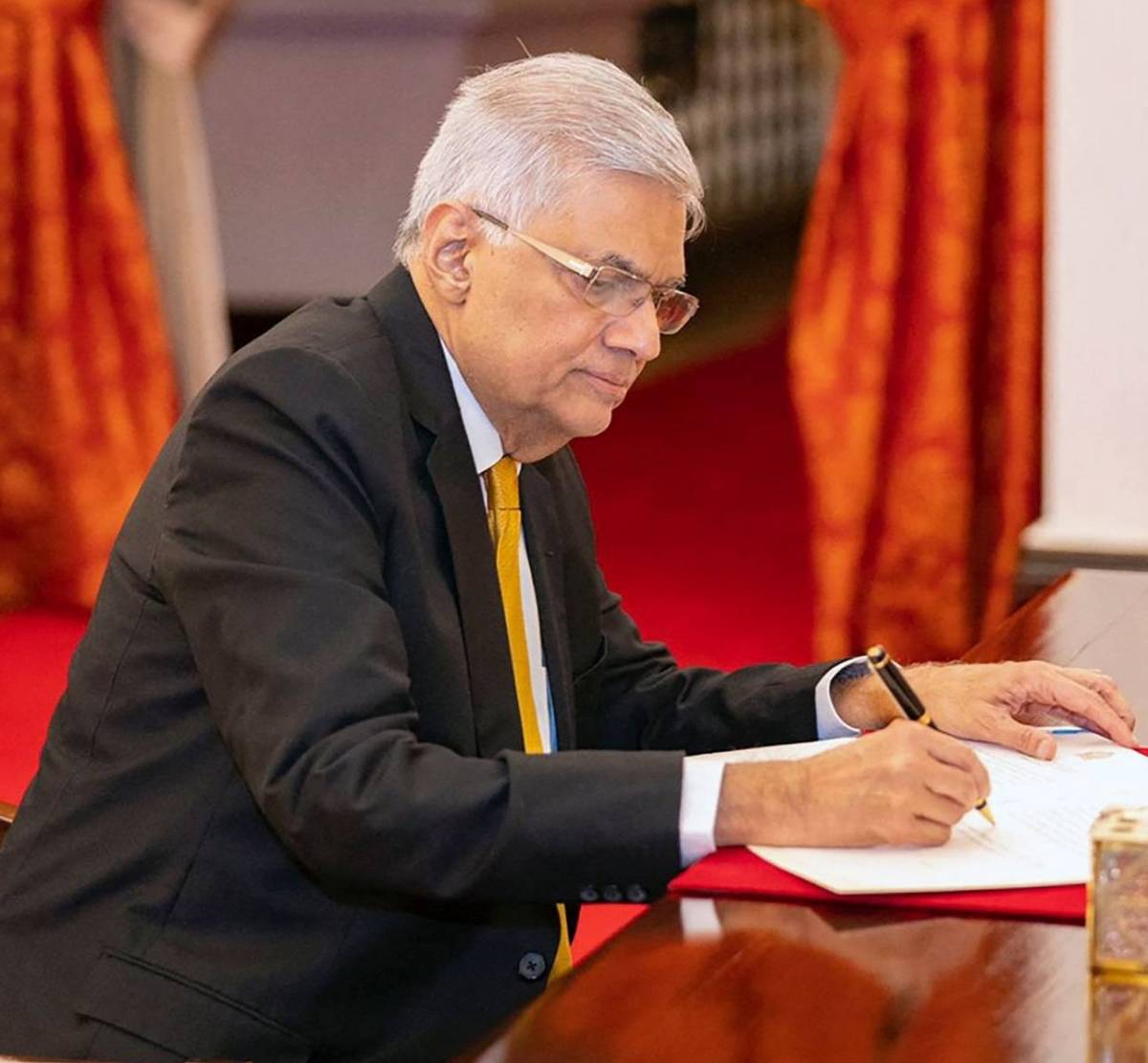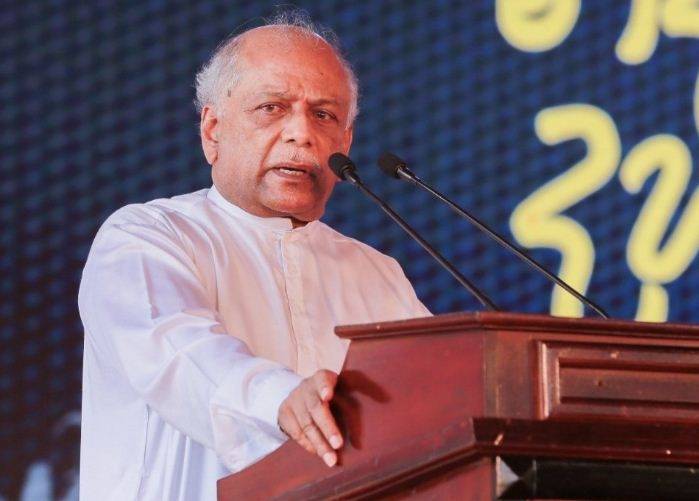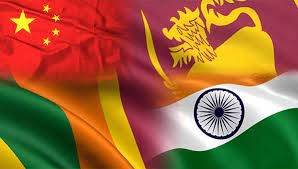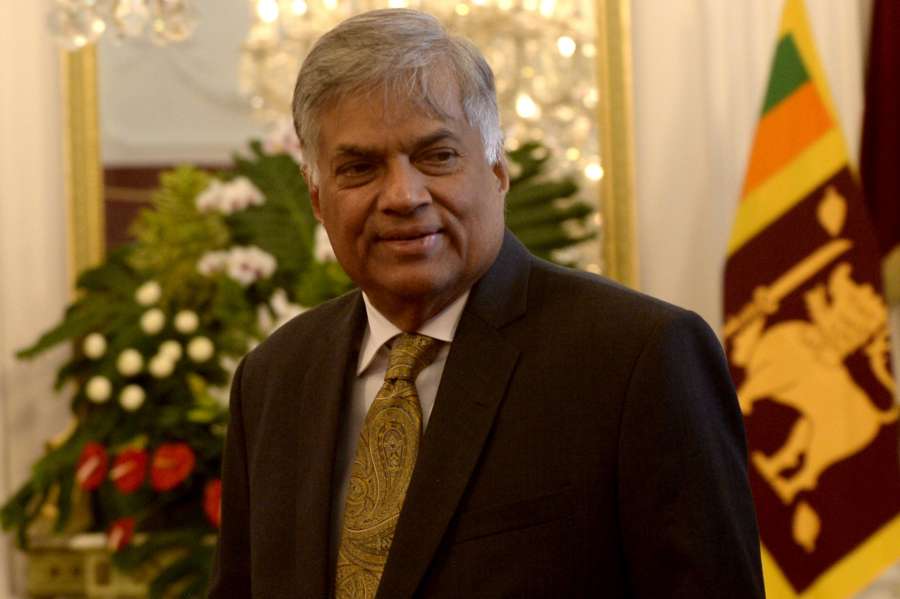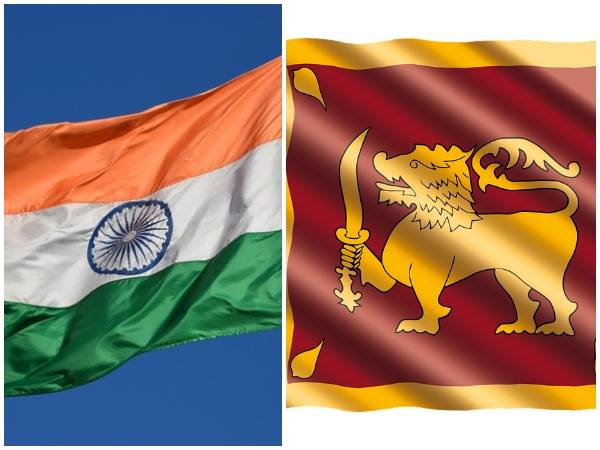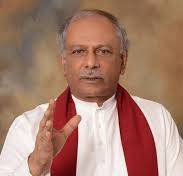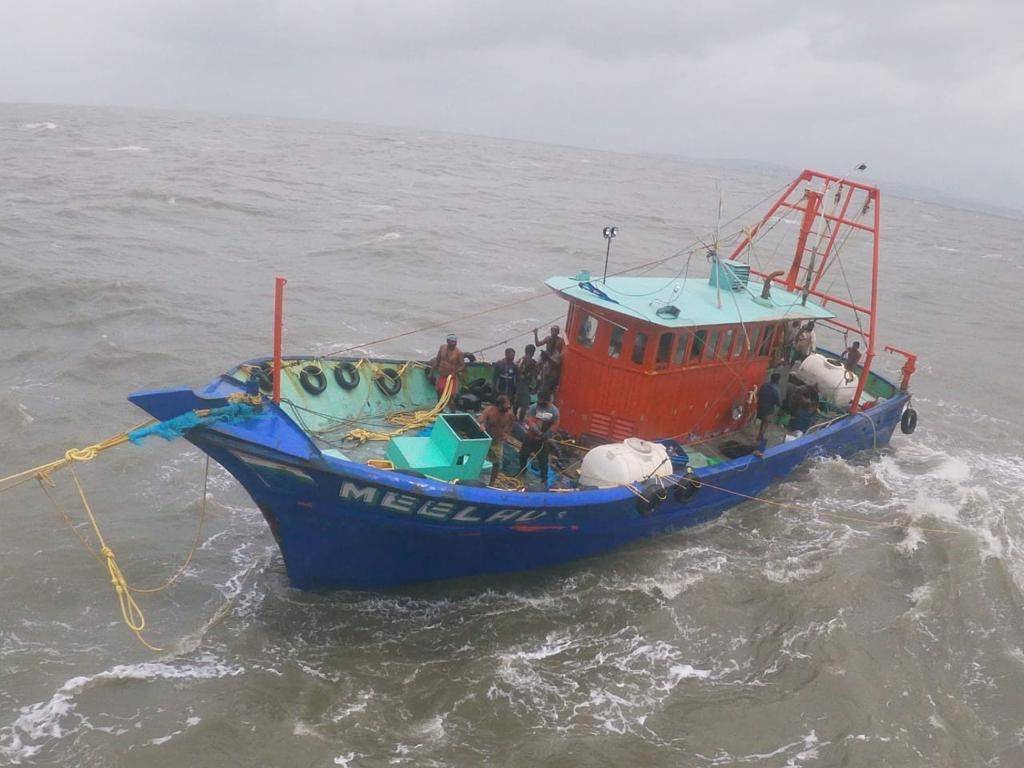The “Gota Go Gama” activist was arrested at the Bandaranaike International Airport (BIA) while attempting to leave the country…reports Asian Lite News
Dhaniz Ali, a Sri Lankan protestor who entered the premises of Sri Lanka’s national television network, Rupavahini Corporation, disrupting scheduled programming, was arrested while attempting to leave the island nation, media reports said.
On July 13, the protestors including Daniz Ali had stormed Sri Lanka’s national TV, terminated the programs and had broadcasted their own message.
The “Gota Go Gama” activist was arrested at the Bandaranaike International Airport (BIA) while attempting to leave the country.
Earlier, the Sri Lankan protester had said that they held the protests peacefully and the ones who damaged the properties belonged to former President Gotabaya Rajapaksa.
Clarifying over the violence that was perpetuated in Sri Lanka, the protestor added, “Protestors did not damage any properties. All goons who damaged the properties belong to Gotabaya Rajapaksa. Ranil Wickremesinghe’s house was set on fire but it was not by us but by PM’s guy.. what we believe.”
Rajapaksa left Sri Lanka for the Maldives on July 13 and arrived in Singapore from the Maldives a day later. 73-year-old Gotabaya Rajapaksa had gone into hiding after crowds of protesters stormed his residence on July 9.
Singapore’s Ministry of Foreign Affairs confirmed that Rajapaksa has been allowed entry into Singapore on a private visit and he has not asked for asylum nor has he been granted asylum.
Meanwhile, a South Africa-based rights group has submitted a criminal complaint to the Attorney General of Singapore requesting the arrest of the former Sri Lankan President for alleged war crimes.
Lawyers from the International Truth and Justice Project (ITJP) submitted a 63-page complaint that argues that Rajapaksa committed grave breaches of the Geneva Convention during the civil war in 2009 when he was secretary of defence and that these are crimes subject to domestic prosecution in Singapore under universal jurisdiction.
The legal complaint states that Gotabaya Rajapaksa committed violations of international humanitarian law and international criminal law during the civil war in Sri Lanka.
On July 9, demonstrators forcibly entered the office of the President and the Prime Minister and his residence, and a fierce face-off between protesters and security forces was reported in Colombo.
The country is facing a severe shortage of fuel and other essential supplies and is in the throes of its worst-ever economic crisis with soaring inflation. The oil supply shortage has forced schools and government offices to close until further notice.
Reduced domestic agricultural production, a lack of foreign exchange reserves, and local currency depreciation have fuelled the shortages.
The economic crisis will push many families into hunger and poverty – some for the first time – adding to the half a million people who the World Bank estimates have fallen below the poverty line because of the pandemic. (ANI)

